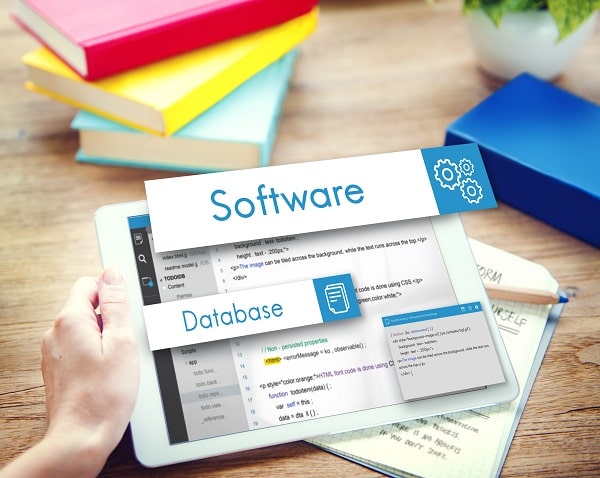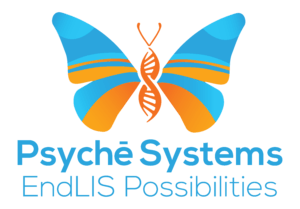Immunological tests are a valuable diagnostic procedure. They help physicians diagnose autoimmune, autoinflammatory, and infectious diseases. Furthermore, immunology testing generates data for research and development.
Psyche Systems developed NucleoLIS to streamline immunology testing. This pathology software helps you with booking, specimen collection, and accession. It also assists with batch management, audits, and data management.
The Challenges of Immunology Testing Data Management
Immunology testing entails a comprehensive analysis of one’s immune system. During this diagnostic procedure, laboratories process and produce massive volumes of data, including patient information, test results, immune cell counts, and more.
Without a dedicated data management system, test facilities can face many problems, such as data fragmentation, data entry errors, and difficulty retrieving information. Worse still, these problems can pave the way for other secondary problems like treatment delays.
It is here that laboratory information software comes into play. Software can help reduce errors that may arise during data management, thereby improving reliability. Accurate diagnoses and scientific advancements rely on data as their foundation.
The Benefits of LIS in Immunology Testing Data Management
LIS addresses all the problems associated with manual data management. These include data entry errors, and limited accessibility. This type of software also dramatically reduces issues like weak data security.
Laboratories using the software will enjoy the following perks:
Automating data entry and reducing errors
LIS integrates with various laboratory instruments to collect and record data automatically. This automation helps curb all issues associated with manual data entry. This includes problems such as omissions, duplications, and typographical errors.
Streamlining workflow and improving efficiency
Besides data entry, the LIS will automate sample tracking, reporting, billing, auditing, and booking. As a result, the LIS frees up lab technologists from repetitive tasks, helping to improve workflow efficiency.
Providing real-time access to results and patient information
Many LIS store results and patient data using cloud-based technology. With this data storage, medical experts can access diagnostic results in real-time. In return, health practitioners get to make quick treatment decisions.
Enhancing data security and privacy
An LIS uses encryption protocols to protect sensitive patient data from access by unauthorized parties. Advanced data security eliminates the risk of data breaches and associated liability. It also helps laboratories comply with HIPAA standards.
Facilitating data analysis and research
Advanced laboratory information software has tools for data analysis and visualization. The software helps scientists access, analyze, and extract relevant information from diagnostic data. It will eliminate the inconvenience of manual data analysis.
Features of Pathology Software for Immunology Testing
From tools that streamline data entry to those that enhance data security, pathology software has many features. Standout features of this innovative medical data management system include the following:
Customizable data entry and result reporting
A reliable LIS will have customizable data entry and results reporting capabilities. Insignificant as it can sound, customization here will improve efficiency. This feature allows medical laboratories to tailor data entry and reporting to what works best for their staff.
Integration with laboratory instruments and electronic health records
Many LIS systems are designed to integrate with laboratory instruments. This integration helps automate most repetitive tasks. Some of these tasks include data entry, analysis, and transfer.
Advanced data analysis and visualization tools
Advanced LIS has data analysis and visualization capabilities. These features provide doctors with insights derived from big data and lab tests. The analytic tools can also help with trend detection, and spotting correlations. Similarly, data visualization tools provide graphical representations of the data.
Quality control and assurance functionalities
Reliable pathology software often has robust quality control and assurance features. These features help you maintain the integrity of immunology test data. They also help prevent errors that can lead to costly problems like misdiagnoses.
Considerations for Choosing Pathology Software for Immunology Testing

Not all pathology software for immunology testing is on the same level. Some products are efficient and user-friendly. Others can frustrate your staff. If you want to avoid disappointments, ensure your LIS has the following features:
- User-Friendly Interface. An intuitive interface is one that has a responsive layout that makes navigation easier. Such interfaces reduce the learning curve required to master using the LIS.
- Customizable Features. A good LIS should allow laboratories to design it to their liking. In particular, an LIS should have customizable data entry forms and report formats. Dashboard layouts should also allow for customization.
- Scalability and Flexibility. A reliable LIS should adapt to future demands in the medical field. It should allow seamless integration with existing systems. The LIS should be able to adapt to various workflows in a laboratory.
Conclusion
LIS is a valuable resource in immunology laboratory testing. It automates data entry, reduces errors, and saves time. Furthermore, LIS provides real-time access to test results and simplifies data analysis.
With this pathology software in place, laboratories can minimize data breaches and resultant liabilities. The software can also improve patient outcomes and increase workflow efficiency.
Contact Psyche Systems to set up a demo and learn more about our Laboratory Information Software.

